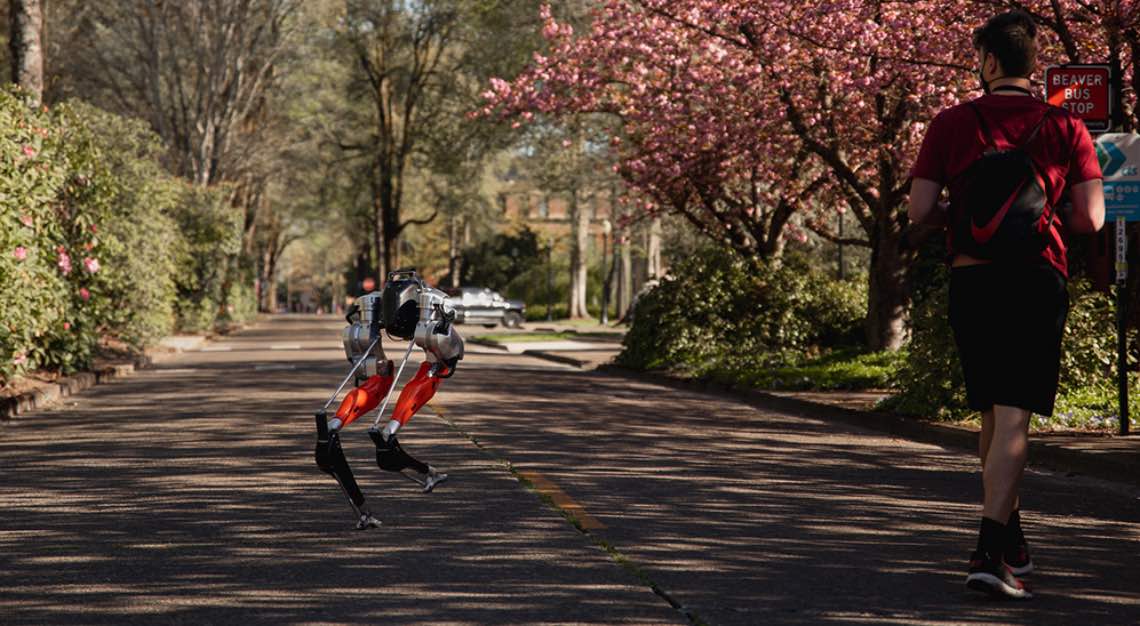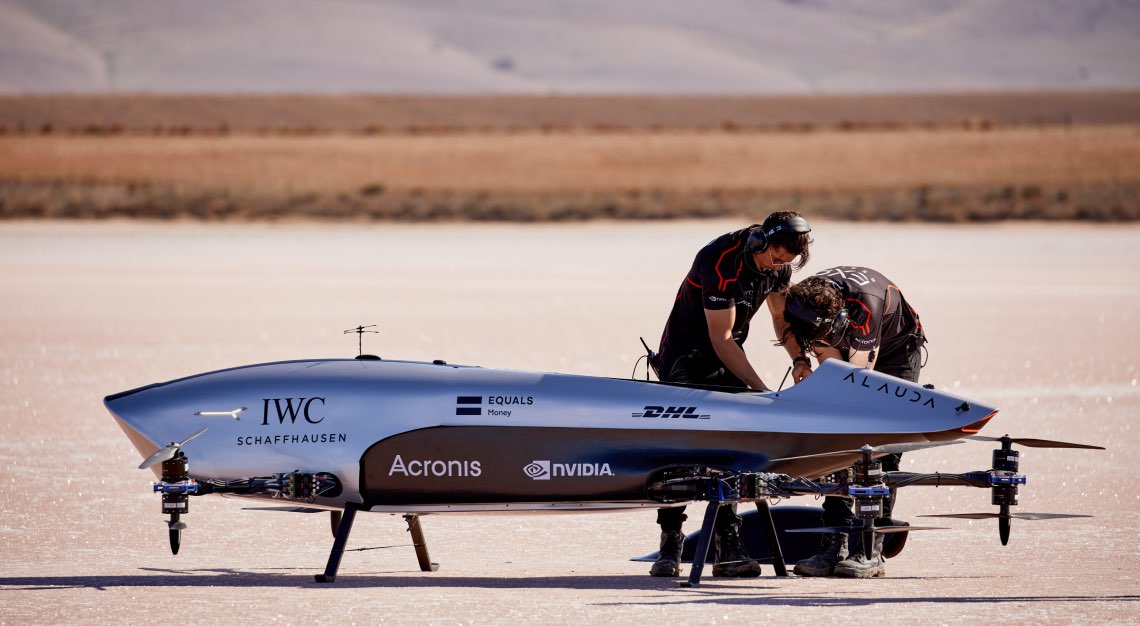Can you outrun it?
Oregon State University’s innovative bipedal robot, Cassie, has made history by running five kilometres in 53 minutes. That’s almost on par with the average human: Members of our species can run the same distance in around 30 to 40 minutes.
The bot, which was produced by Agility Robotics, completed the route entirely untethered and on a single battery charge. Cassie is the first bipedal robot to use machine learning to control a running gait on outdoor terrain, showcasing a somewhat eerie ability to emulate humankind.
Cassie was developed under the direction of OSU robotics professor and Agility Robotics co-founder Jonathan Hurst with a 16-month, US$1 million (S$1.35 million) grant from the Advanced Research Projects Agency of the US Department of Defense. She was first introduced in 2017 and has since been further finessed in the lab.
“The Dynamic Robotics Laboratory students in the OSU College of Engineering combined expertise from biomechanics and existing robot control approaches with new machine learning tools,” Hurst said in a statement. “This type of holistic approach will enable animal-like levels of performance. It’s incredibly exciting.”

Cassie, which features knees that bend like an ostrich’s, taught itself to run with what’s known as a deep reinforcement learning algorithm. The robot actually learned to make infinite subtle adjustments to stay upright while moving. Of course, it’s not perfect. Cassie fell twice during the run, once because the human at the helm took a corner too quickly and at another point when its computer brain overheated. Still, this marks a major milestone in the world of robotics.
Agility Robotics anticipates that bipedal robots will eventually be able to participate in normal society and is even exploring commercial avenues. On the heels of introducing Cassie, the company has unveiled an updated model, known as Digit, which is fitted with arms to handle packages. Ford has since trialed the design as part of a study into autonomous delivery robots.
“In the not very distant future, everyone will see and interact with robots in many places in their everyday lives, robots that work alongside us and improve our quality of life,” Hurst added.
And for now, most of us should be able to outrun them.






